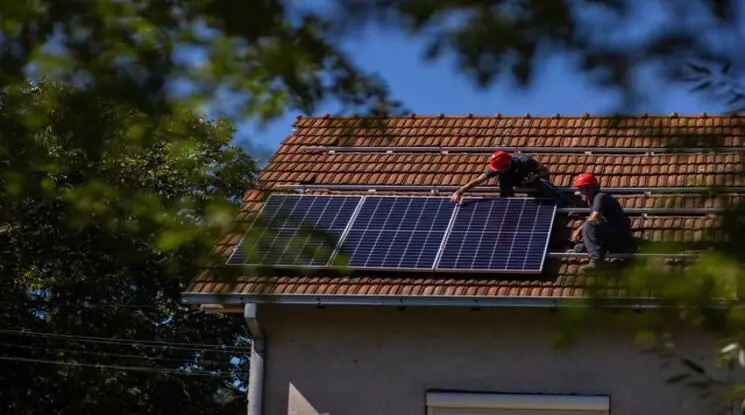In an era where environmental consciousness is taking center stage, residential solar power systems have emerged as a beacon of sustainable energy. Harnessing the sun’s abundant energy not only reduces our carbon footprint but also offers a myriad of benefits for homeowners. In this blog, we’ll delve into the five key advantages of adopting residential solar power.
Cost Savings:
One of the most compelling reasons to invest in residential solar power is the substantial cost savings it brings. While the initial installation cost may seem daunting, it is a long-term investment that pays off over time. Solar panels have a lifespan of 25 to 30 years and require minimal maintenance. As utility prices continue to rise, solar-powered homes can enjoy significant reductions in monthly electricity bills, leading to substantial savings in the long run.
Many governments and local authorities also offer incentives and rebates to encourage the adoption of solar energy. These financial perks further contribute to making solar power an economically viable option for homeowners, facilitating a quicker return on investment.
Environmentally Friendly:
Residential solar power is a clean and renewable energy source, providing a greener alternative to traditional fossil fuels. By harnessing the sun’s energy, solar panels produce electricity without emitting harmful greenhouse gases, reducing the carbon footprint associated with conventional energy sources. This shift towards cleaner energy helps combat climate change and promotes environmental sustainability.
Solar power also conserves water, a critical resource often depleted by traditional power plants. Unlike fossil fuel and nuclear power plants, solar panels require minimal water for maintenance and cooling, contributing to water conservation efforts.
Energy Independence:
Solar power grants homeowners a level of energy independence, reducing reliance on external energy sources. With a solar power system in place, households can generate their electricity, providing a reliable and consistent power supply. This autonomy becomes particularly valuable during grid outages or emergencies, ensuring that essential appliances and devices remain operational.
Additionally, excess energy generated by residential solar systems can be stored in batteries or fed back into the grid, allowing homeowners to contribute to the overall energy supply and potentially earn credits or compensation for the surplus electricity generated.
Increased Property Value:
Investing in residential solar power doesn’t just benefit your monthly budget; it can also enhance the overall value of your property. Studies have shown that homes equipped with solar panels are perceived as more attractive to potential buyers. The prospect of reduced energy costs and environmental benefits can make a property stand out in a competitive real estate market.
Furthermore, many homebuyers are increasingly prioritizing energy-efficient features, viewing solar panels as a valuable asset. Consequently, installing solar panels not only contributes to a sustainable future but can also yield a return on investment when it comes time to sell your home.
Technological Advancements and Longevity:
The field of solar energy is continually evolving, with ongoing advancements in technology enhancing the efficiency and durability of solar panels. Modern solar panels are more efficient than ever, converting a higher percentage of sunlight into electricity. Additionally, ongoing research and development in energy storage solutions, such as improved batteries, contribute to the overall effectiveness and reliability of residential solar power systems.
As technology continues to progress, homeowners can expect increased energy production, reduced maintenance requirements, and prolonged lifespans for solar panels. Embracing residential solar power now ensures that homeowners stay on the cutting edge of these advancements, reaping the benefits of an increasingly efficient and sustainable energy source.
Conclusion:
Residential solar power stands as a beacon of hope in the quest for sustainable and eco-friendly energy solutions. From significant cost savings to environmental conservation, energy independence, increased property value, and technological advancements, the benefits of embracing solar power are both immediate and enduring. As we look towards a future fueled by clean energy, residential solar power emerges as a shining example of how individual choices can contribute to a brighter, more sustainable world.




